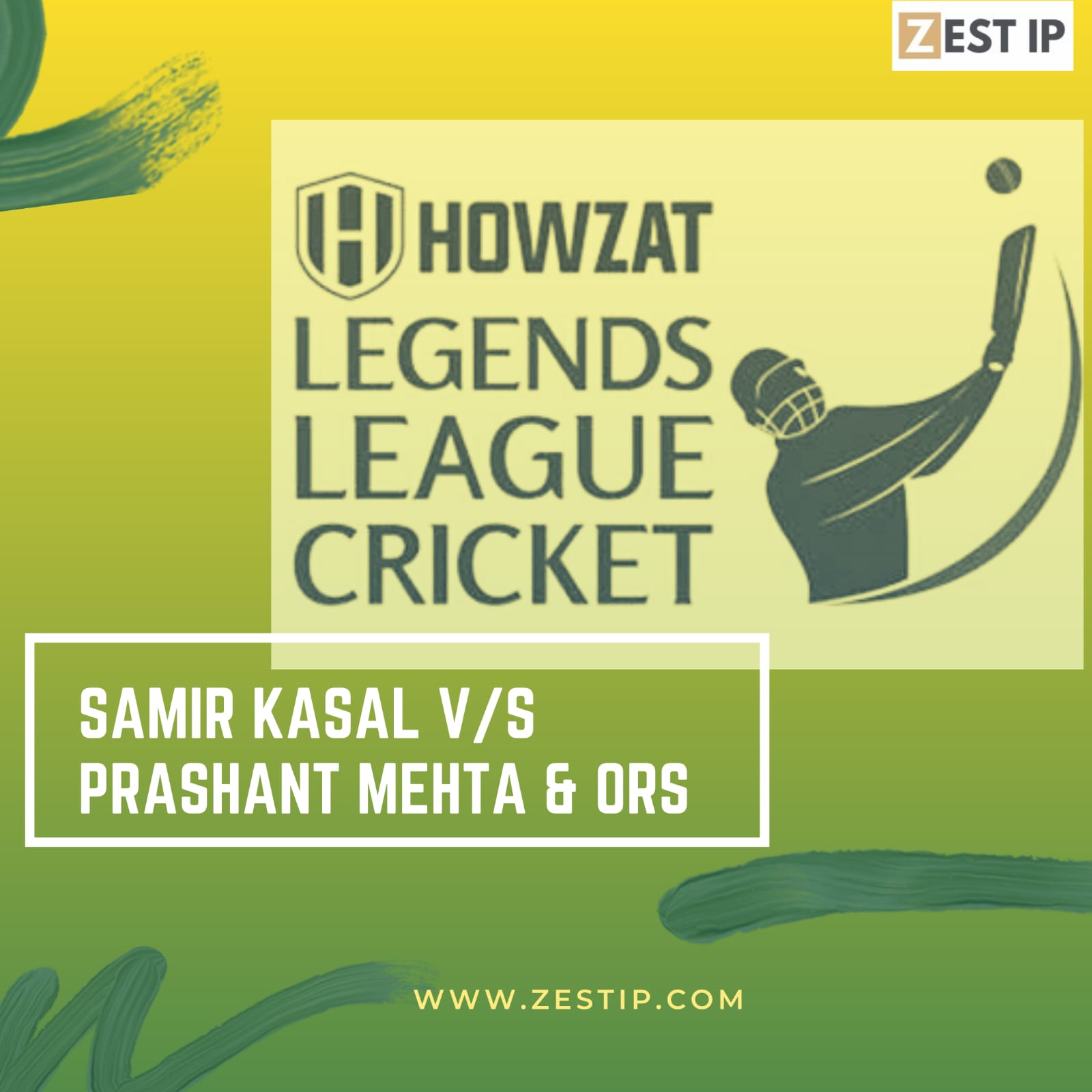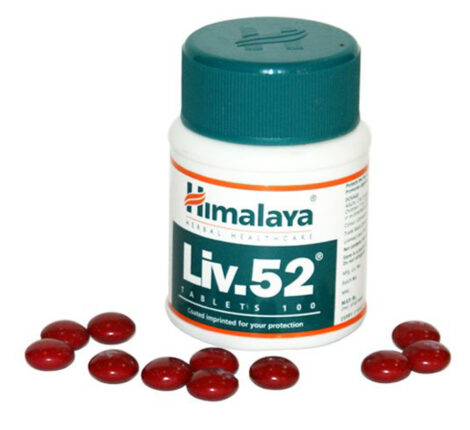No Copyright over game of cricket: Delhi High Court dismisses plea to stay Legends League Cricket
“The entire purpose of conducting matches is to obtain monetary benefit. Thus, if the matches are not held, while the defendants, the players, the sponsors, the media partners and the public at large, would be subjected to loss, that cannot be compensated, in case the plaintiff lost after trial, on the other hand, in case the plaintiff was to succeed in the suit, if the matches were held, the interest of the plaintiff could still be protected by awarding him compensation at the end of a successful trial. The ‘balance of convenience’, therefore, lies in favour of defendants No.2 to 5.”
– Justice Asha Menon, Delhi High Court
The High Court of Delhi has pronounced this order wherein the plaintiff is Samir Kasal, and the defendant is Prashant Mehta & Ors.
The plaintiff had applied for the current instance to institute a suit without resorting to pre-institution meditation since it could not have opted given the urgent claims mentioned.
The respondent, on the other hand, has relied on the judgment of ECL Finance Ltd. vs. Tashee Nirman Pct. Ltd. and Ors.[1] to make the point that substantial compliance of provisions is necessary and that there was no verbal or documentary communication to prove that there has been any effort made between the parties to pre-settle the dispute and hence the suit, being premature in nature should not be taken up for hearing. The respondent said that since the tournament was on 20th January, there was no pre-filing mediation.
Background of the parties and their association
The plaintiff is a well-known person in sports, entertainment, and related industry and has become a leader in the industry. It has organized various events such as UFA and handled the IPL teams such as Deccan Chargers and Rajasthan Royals.
The plaintiff had conceptualized an International Cricket League, which had two teams, namely ‘Asia XI’ and ‘World XI’ constituting various cricket legends, to stage the cricket tournaments with a vast Indian audience. The plaintiff started working with the defendant company on this, for which the latter was going to provide logistics. The retired cricketers were being involved, for which they had also involved the ICC. This format would be called ‘Legends Premier League,’ disclosed in confidentiality. This format was unveiled to the players and other stakeholders by the defendants. The company subsequently was formed as ‘Legends Premier League Sports Pvt. Ltd.’ incorporated on 13th June 2018, with the plaintiff and the first defendant being the directors of this company.
The Issue
The plaintiff found out that the defendants suddenly decided to organize the event using the name “Legends League Cricket” instead of “Legends Premier League” since it could not be conducted in 2020 and 2021 due to the COVID-19 pandemic. The plaintiff could not stop the defendant’s conduct, hence, the present suit.
The claims of the parties
The plaintiff claimed that it was a clear case of breach of confidentiality by relying on judgments like Anil Gupta vs. Kunal Dasgupta[2], Zee Telefilms Ltd. vs. Sundial Communications Pvt. Ltd[3] etc. The plaintiff had revealed the intention of the parties to collaborate for this event along with name revelation. Additionally, the defendants had also conspired to create a new company with the assistance of defendant no. 3, Raman Raheja. For this, they were planning to use the plaintiff’s ideas, thereby benefitting commercially to the latter’s detriment. Hence, the plaintiffs requested that the defendants be restrained from conducting the tournament w.e.f. 20th January 2022.
Defendant no. 1, through his learned counsel, AK Bhardwaj, had claimed that he had spent quite a penny and had taken active steps to execute the idea originated by the plaintiff. He had made honest efforts in preparing for the ‘Legends Premier League’ with the retired cricketers. Defendant no. 1 also claimed that defendant no. 2 changed his mind from starting a company together and went on to create another company by himself, wherein Defendant no. 3 was supposed to be the CEO. Further, to counter the plaintiff’s claim, the defendant argued that it did not require an original or an inventive thought to claim a copyright in work based on the judgment of MRF Limited vs. Metro Tyres Limited[4]. The idea developed by the plaintiff required protection under Section 2(y) and 2(z) of the Copyright Act whereas, the defendant’s work was protected by way of a quasi/implied contract. Defendant no. 2 should not be allowed to enrich himself by exploiting the information available with them.
Defendants 2 to 4 claimed that if there has to be a suit, it can only be against defendant no. 1 as he had been involved in a breach of contract. Further, no evidence shows that the plaintiff took any step to fulfil this project, and there is no assertion of his rights till 2021 or which right he was seeking to assert.
There was, however, enough evidence to prove that defendants 2 to 5 were involved in organizing the event, announced on 17th September 2021. The defendants even stated that the idea of engaging retired legendary cricketers is no new concept as such matches have been held in the past. Thus, the plaintiff could not claim copyright over any of these ideas. There was no completed work to consider the infringement of copyright. The plaintiff had suppressed material documents related to the conduction of matches in the UAE, which was sufficient to deny interim relief to the plaintiff. The defendants alleged that the plaintiffs approaching the Court in such a nick of time was not per the public interest. They relied on the judgment of The Chancellor, Master and Scholars of the University of Oxford vs. Rameshwari Photocopy Services[5].
Defendant no. 5 had claimed that there were only pre-contractual failed negotiations that had taken place between defendants 1 and 2 and that, after that, WhatsApp messages were not enough to prove collusion without any agreement in place conclusively. Moreover, the plaintiff was not entitled to any protection since there was no disclosure of any work, and there could be no confidentiality if there were no copyright.
The plaintiff, in return, had replied that if the Court did not grant them, it would suffer irreparable harm and its right to confidentiality would be lost forever. Moreover, the delay in approaching the Court could not mean that the plaintiff could not protect its rights against the dishonesty of the defendants.
“The T20 format had been first introduced by Martin Crowe in New Zealand in 1997. At that time, each side was permitted two innings of 10 overs each. Thus, the idea of the plaintiff to have two innings of 10 overs each was not an original idea. With regard to the engagement of retired legendary cricketers, this was also not a new concept as, way back in 2015, matches were held in the United State of America as ‘Exhibition Matches’ between two teams; one captained by Sachin Tendulkar, known as “Sachin’s Blasters” and the other captained by Shane Warne, named as “Warne’s Warriors”. Further, a 2016-Masters Champions League was held in January and February 2016 at UAE and former cricketers had played in the same. There were 6 teams constituted of 15 retired cricketers each, who were described as “legends”. A Road Safety World Series was to be held in 2020 and 2021, where the former cricketers were described as “legends”, but only 4 matches could be held due to the Covid-19 pandemic. Thus, neither the engagement of retired legendary cricketers nor the hosting of these tournaments in a league format at neutral avenues was new in the cricket arena. Therefore, there was no novelty in the conceptualisation of the plaintiff. The plaintiff could not claim a copyright over any of these ideas which have been in the public domain for years.”
– Senior Counsel for the defendant
Analysis of the Court
The Court had first analysed the meaning of ‘work’ under Section 2(y) of the Copyright Act. It concluded that the plaintiff’s work did not fall under any literary, dramatic, musical, or artistic work, cinematograph film, or a sound recording, as thoughts, without being expressed in a material form, print or writing, would not constitute a ‘literary work.’ The Court had also mentioned the point of this idea already existing in the world of cricket. It was not the plaintiff’s original idea of a ‘T-10 test format’ with retired players, nor could they claim any exclusive right against the names of the matches.
The Court had considered judgments such as R.G. Anand v. Delux Films[6]andFritco-Lay India v. Uncle Chipps Private Ltd[7] It concluded that there could be no copyright in an idea, subject matter, themes, plots, or historical or legendary facts. In such cases, protection is limited to form and manner as an expression of the idea by the author. Moreover, the similarities in copyrighted works are essential, including the same extent. There has to be convincing evidence used to prove infringement of copyright. However, in this case, the plaintiff has failed to show any novelty to claim the copyright over the ‘game of cricket,’ which is essentially not possible unless its specific elements are taken into consideration. The Court also held that the guidance from defendant no.2 to the plaintiff is not enough to make him liable for supposed contractual obligations. Moreover, the plaintiff could not claim confidentiality forever since the plaintiff made no efforts for a long time.
Also read: Calcutta High Court Refuses To Grant Injunction To Zee Entertainment In Copyright Breach Case
Final Decision
Justice Asha Menon of the Hon’ble Delhi High Court dismissed the plaintiff’s application and asked the defendants 2 to 5 have to make a clear account of their earnings.
Read the order here.
[1] CS(COMM)415/2021
[2] 2002 SCC Online Del 250
[3] 2003 SCC Online Bom 344
[4] 2019 SCC Online Del 8973
[5] CS(OS) 2439/2012
[6] (1978) 4 SCC 118
[7] 2000 SCC Online Del 414
– Jhanvi Sahni; student at NALSAR University of Law
Disclaimer: This article is intended to provide general guidance to the subject matter. It does not contain legal advice. For any specific advice/corrections, write to [email protected]
© ZEST IP




